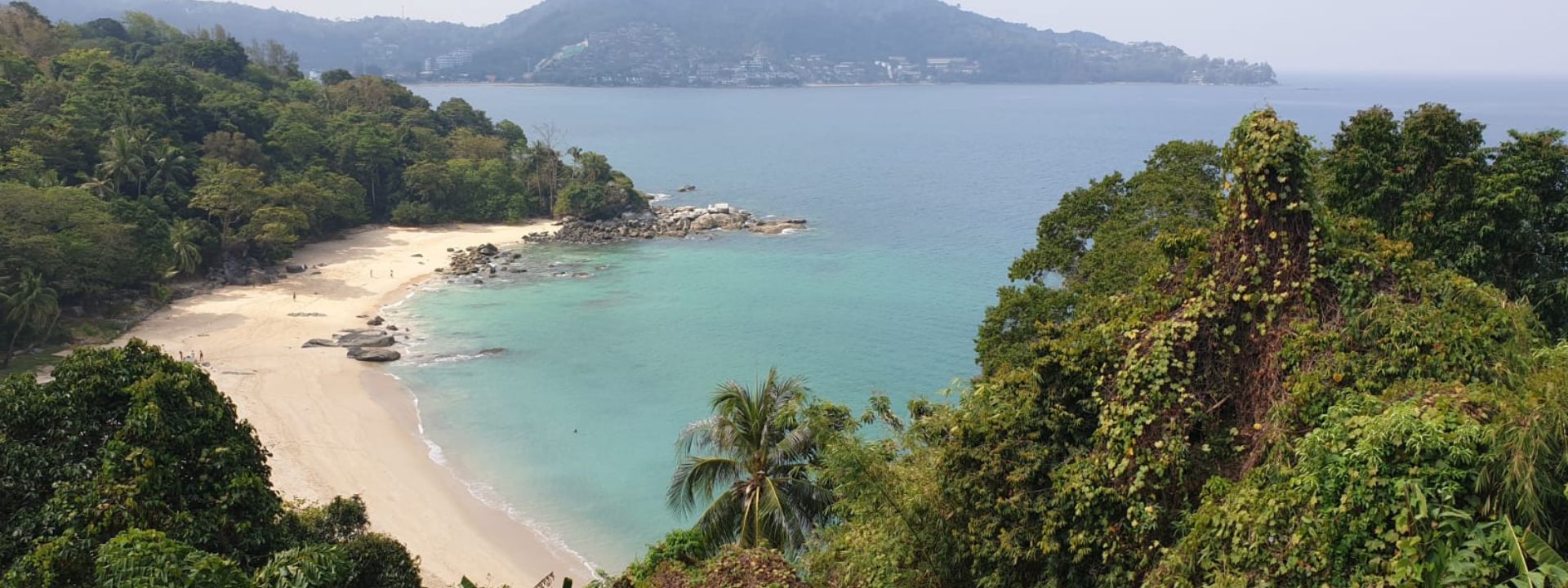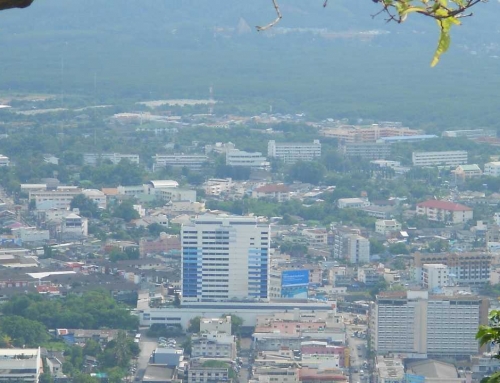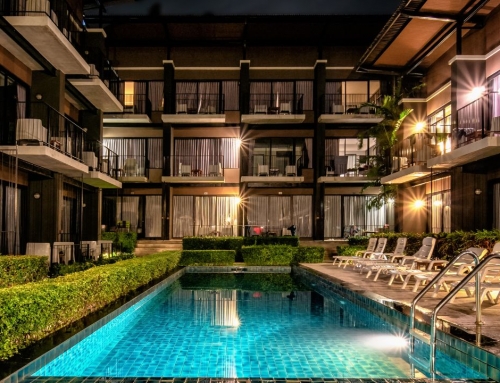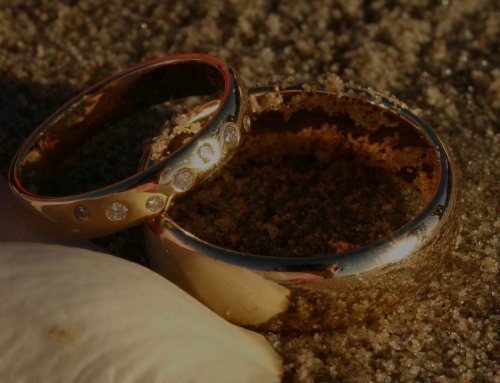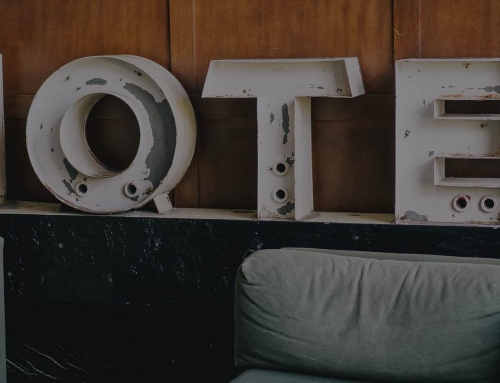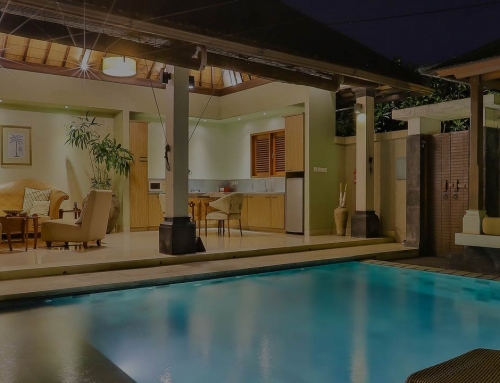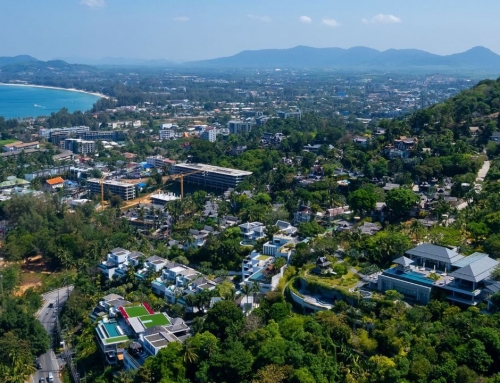By Phuket News Property · March 31, 2022
Interest in land across Phuket remains steady in 2025, driven by long-stay residents, families and business operators looking for clarity on what is legally possible. This overview explains how land acquisition and leasing work in Phuket, the common structures available, and the practical considerations for people exploring long-term residency on the island.
Why land ownership in Thailand works differently
Thailand’s land regulations are built on long-established national policies designed to protect the country’s natural resources and ensure local control over land distribution. As a result, foreigners cannot directly own land in their personal name, regardless of residency status or length of stay.
However, there are legal pathways that allow long-term occupation and use of land, provided they follow Thai law and avoid prohibited structures.
Long-term leasing: the most common legal framework
A long-term lease is the most widely used structure for foreign residents who wish to use or occupy land. Key features include:
Standard lease terms
Leases can be registered at the Land Office for up to 30 years. Some developments offer 30+30+30 structures, but legally, only the first 30-year term is guaranteed.
Registration requirements
Leases over three years must be registered to become legally enforceable. Registration provides clear documentation of rights and responsibilities.
Usage rights vs ownership
A lease provides the right to use the land but not ownership of the underlying asset. The land remains with the Thai owner throughout the lease term.
Suitable for
-
residential homes
-
long-stay relocation
-
small-scale projects
-
lifestyle villas built on leased land
For many foreign residents, leasing offers a practical and predictable long-term solution.
Buying land through a Thai company: legal reality vs common misconceptions
Thailand allows Thai companies to own land, but this structure is frequently misunderstood. A legitimate company must:
-
operate a real business
-
follow Thai corporate law
-
include real Thai shareholders with actual investment
-
maintain proper accounting and taxation
A company cannot exist solely for the purpose of holding land for a foreigner.
Structures involving nominee shareholders, Thai citizens holding shares “on behalf” of a foreigner, are prohibited and considered a serious offence.
While legitimate businesses do own land, this is typically suitable for commercial activities rather than personal home ownership.
Uphill, coastal and protected zones
Phuket includes several areas governed by environmental and zoning regulations, particularly:
-
hillside zones
-
coastal setback zones
-
national park borders
-
conservation areas
Within these areas, building permissions can vary or be restricted. Buyers considering long-term leases or construction should understand the local zoning rules, plot elevation and permitted building footprint.
Land titles and why they matter
Thailand issues several types of land title documents, and each carries different rights. In general:
Chanote (freehold title)
The strongest and most secure title, fully surveyed and GPS plotted. Used for most modern developments.
Nor Sor 3 Gor
A high-grade certificate that can be upgraded to Chanote. Suitable for residential projects in many areas.
Nor Sor 3
Less precise boundaries and slower to transact. Requires careful due diligence.
Sor Kor 1 and Possessory Rights
Not suitable for long-term residential use without significant legal evaluation.
Understanding titles is essential before entering into any agreement concerning land use or long-term leasing.
Building a home on leased land
Constructing a home on leased land is common among long-term residents. In these cases:
-
the building can be owned separately from the land
-
construction permits are issued in the building owner’s name
-
the house can be legally owned, transferred or inherited
-
the land lease and building ownership are two distinct assets
This structure is often used in villa communities, mixed-use developments and family homes built on secured long-term leases.
Practical considerations for long-stay residents
People exploring long-term land use in Phuket often prioritise:
Location and accessibility
Proximity to schools, shops, healthcare and beaches remains central to residential decisions.
Community and infrastructure
Areas such as Cherng Talay, Rawai, Bang Tao and Kathu continue to attract residents due to established services and amenities.
Long-term security
Clear documentation, transparent land titles and registered agreements provide peace of mind for long-term planning.
Maintenance and management
For leased-land villas or estates, management services can help maintain shared infrastructure, roads and utilities.
Together, these factors shape the decision-making process for residents looking to establish a long-term home base on the island.

